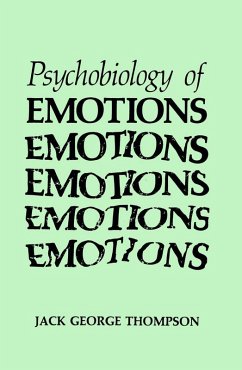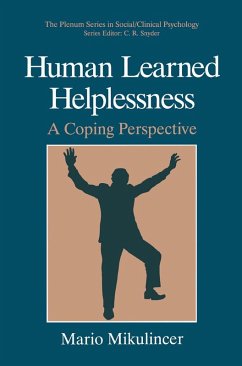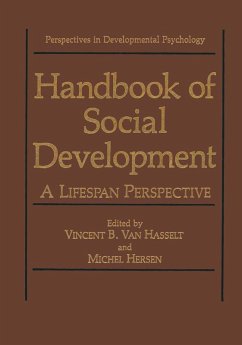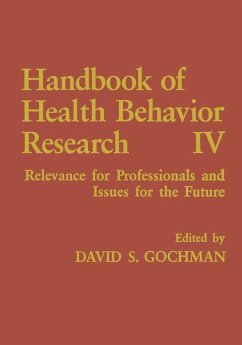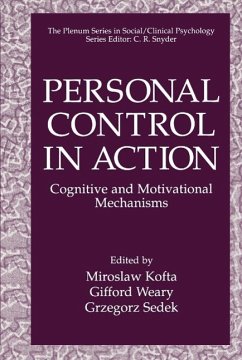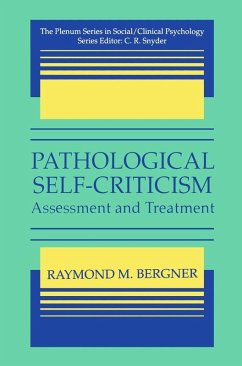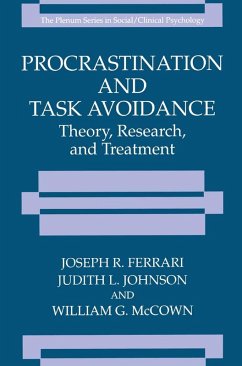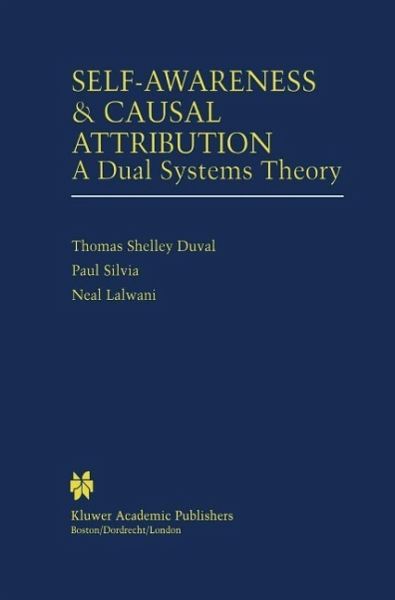
Self-Awareness & Causal Attribution (eBook, PDF)
A Dual Systems Theory
Versandkostenfrei!
Sofort per Download lieferbar
72,95 €
inkl. MwSt.
Weitere Ausgaben:

PAYBACK Punkte
36 °P sammeln!
Self-awareness - the ability to recognize one's existence - is one of the most important variables in psychology. Without self-awareness, people would be unable to self-reflect, recognize differences between the self and others, or compare themselves with internalized standards. Social, clinical, and personality psychologists have recognized the significance of self-awareness in human functioning, and have conducted much research on how it participates in everyday life and in psychological dysfunctions. Self-Awareness & Causal Attribution: A Dual-Systems Theory presents a new theory of how sel...
Self-awareness - the ability to recognize one's existence - is one of the most important variables in psychology. Without self-awareness, people would be unable to self-reflect, recognize differences between the self and others, or compare themselves with internalized standards. Social, clinical, and personality psychologists have recognized the significance of self-awareness in human functioning, and have conducted much research on how it participates in everyday life and in psychological dysfunctions. Self-Awareness & Causal Attribution: A Dual-Systems Theory presents a new theory of how self-awareness affects thought, feeling, and action. Based on experimental social-psychological research, the authors describe how several interacting cognitive systems determine the links between self-awareness and organized activity. This theory addresses when people become self-focused, how people internalize and change personal standards, when people approach or avoid troubling situations, and the nature of self-evaluation. Special emphasis is given to causal attribution, the process of perceiving causality. Self-Awareness & Causal Attribution will be useful to social, clinical, and personality psychologists, as well as to anyone interested in how the self relates to motivation and emotion.
Dieser Download kann aus rechtlichen Gründen nur mit Rechnungsadresse in A, B, BG, CY, CZ, D, DK, EW, E, FIN, F, GR, HR, H, IRL, I, LT, L, LR, M, NL, PL, P, R, S, SLO, SK ausgeliefert werden.



